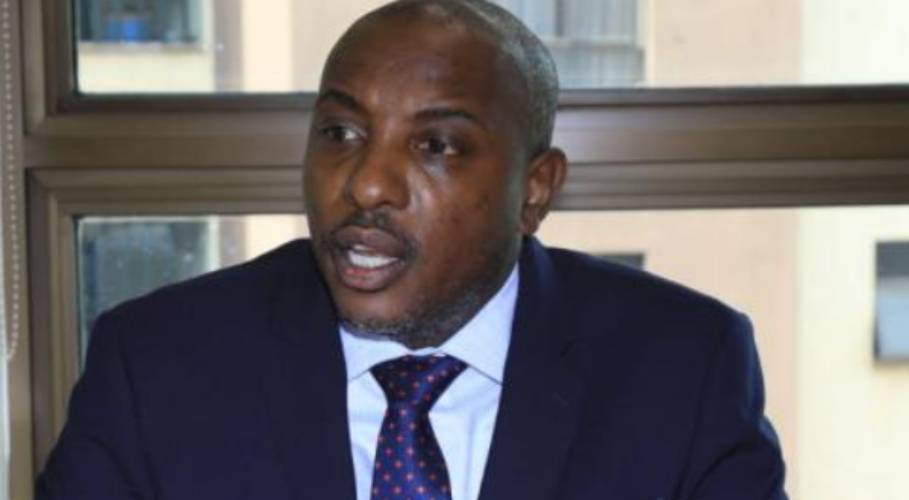×
The Standard e-Paper
Kenya’s Boldest Voice

The government has been urged to engage the private sector more in funding universal healthcare in the wake of Covid-19.
General Manager of General Electric (GE) Health for sub-Sharan Africa Eyong Ebai said the pandemic had demonstrated that governments alone cannot fund public health systems.